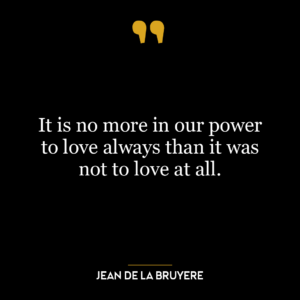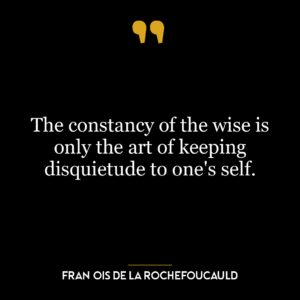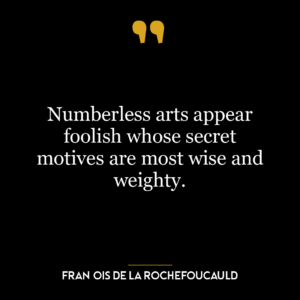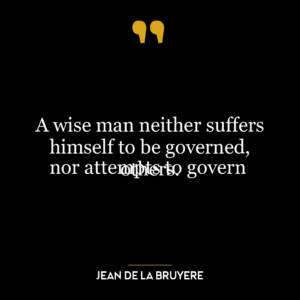This quote is a profound philosophical perspective that highlights two key principles of human interaction – justice and kindness. The first part, “Recompense injury with justice,” suggests that when someone wrongs us, we should not seek revenge or act out of anger. Instead, we should respond with justice, ensuring that the wrongdoer is held accountable for their actions in a fair and equitable manner. This is not about punishment, but about restoring balance and maintaining moral integrity.
The second part of the quote, “Recompense kindness with kindness,” is a call for reciprocity in positivity. When someone is kind to us, we should repay that kindness in kind, creating a cycle of goodwill and positive energy. It’s not about obligation, but about fostering a culture of mutual respect and love.
In today’s world, this quote is more relevant than ever. In the face of conflict, whether it’s on a personal, societal, or global level, the instinctive reaction might be to retaliate or seek revenge. However, this quote reminds us to choose the path of justice instead, to ensure fairness and uphold our own moral standards.
On a personal level, this principle can be applied in our everyday interactions. When faced with unkindness or harm, instead of reacting impulsively, we can choose to respond with fairness and justice. And when we are the recipients of kindness, we can keep the cycle going by being kind in return. This not only helps in building strong and healthy relationships, but also contributes to personal growth and development.
Furthermore, in the context of personal development, this philosophy encourages emotional intelligence. It urges us to control our impulses in the face of harm and to consciously choose a response that aligns with our values. It also invites us to recognize and appreciate kindness when we receive it, and to be proactive in spreading it further. This cultivates a sense of empathy, compassion, and responsibility, which are crucial elements of emotional intelligence and personal growth.












